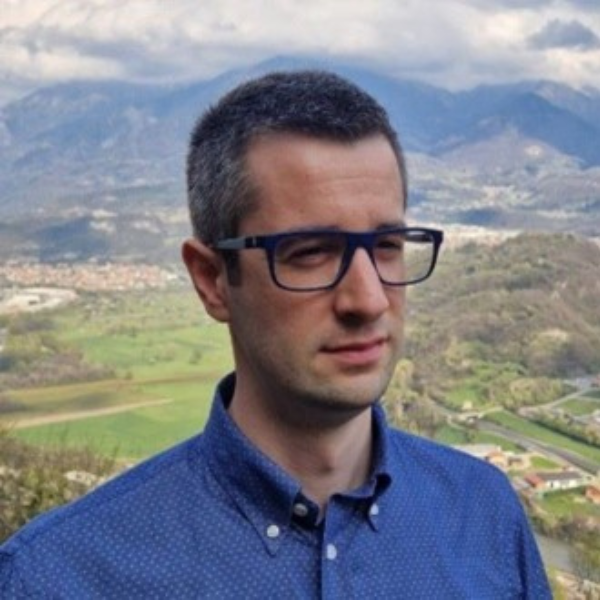Italy
Researcher (scientific/technical/engineering)
Date of the expedition
From 10/06/2024 to 10/09/2024
Selected Track
Paired Teams
Project title
PAIRS - Pervasive, Advanced, and Intelligent Real-time Systems
Host Organization
New Jersey Institute of Technology (NJIT)
Media
Biography
Federico Reghenzani, PhD, is a researcher (assistant professor) at DEIB department of Politecnico di Milano (Italy). His main research interests include embedded systems and high-performance computing.
In 2021, he received the PhD cum Laude in Information Technology, with a thesis entitled “Beyond the Traditional Analyses and Resource Management in Real-Time Systems”. He has been a visiting researcher at Office National d’Etudes et de Recherches Aérospatiales (France), University of Central Florida (USA), and European Space Agency (The Netherlands), and he is spending three months at New Jersey Institute of Technology (USA) thanks to the NGI grant.
Project Summary
This project tries to address the following research question: How can we guarantee the timing constraints of intelligent devices that are nowadays increasingly interconnected and pervasive?
This question is the subject of a research field known as real-time computing, that study the timing characteristics of the software or, more in general, of the computing systems. Timing constraints are an aspect often underestimated during the development of software products, however, more and more applications for Cyber-Physical systems, Internet-of-Things and High-Performance Computing require strict timing constraints to be satisfied. Real-time computing presents numerous challenges and open (theoretical) problems and, therefore, companies seek novel approaches are essential for the future industrial products.
Thanks to the NGI grant, this project aims to strengthen the collaboration between EU and US research groups on real-time systems by creating new links which will lead to the development of novel approaches.
Key Result
During the first half term of the expedition, some key potential results planned before the beginning of the activities have been already achieved or we set the basis to achieve them at the end of the expedition or the coming years. In particular:
- We started the writing of a scientific survey paper, in collaboration with a third researcher that was a new collaboration for both me and the host professor
- We begin the reasoning of an open problem in real-time computing, and we are working on the theoretical foundation of it
- We organized two further visits that will strengthen our US connections
Impact of the Fellowship
During the past 1.5 months and the following half of the expedition, the project aims to achieve the following results in terms of impact:
- Development/advancement of innovative technologies
-
- We are working on a novel idea for a real-time mixed-criticality scheduling analysis
- Testing technologies
- Once the idea of the point 1a is formalized, the idea needs to be tested
- Sound scientific validation
- Once the idea of the point 1.a is formalized, the idea needs to be tested
- Strengthening research collaboration with the US/Canada
- We are planning two travels to visit other groups during the expedition
- Building solid connections and partnerships in Europe and in the US/Canada
- We are working on a survey article in collaboration with a EU researcher (new collaboration for both fellow and host organization)
- Accelerated contacts/engagements with R&D partners for future collaborations
- Same of 4.a
- Paper submission for further publication jointly with authors from the host organisation
- We are working on 2 works that will likely lead to 2 publications
- Conference attendance with paper/poster/ proceedings
- When papers of point 7 will be accepted, we will present them at a conference
Some of these impacts will be achieved after the end of the expedition for obvious time-constraint reasons (for example, publications or conference attendance)

